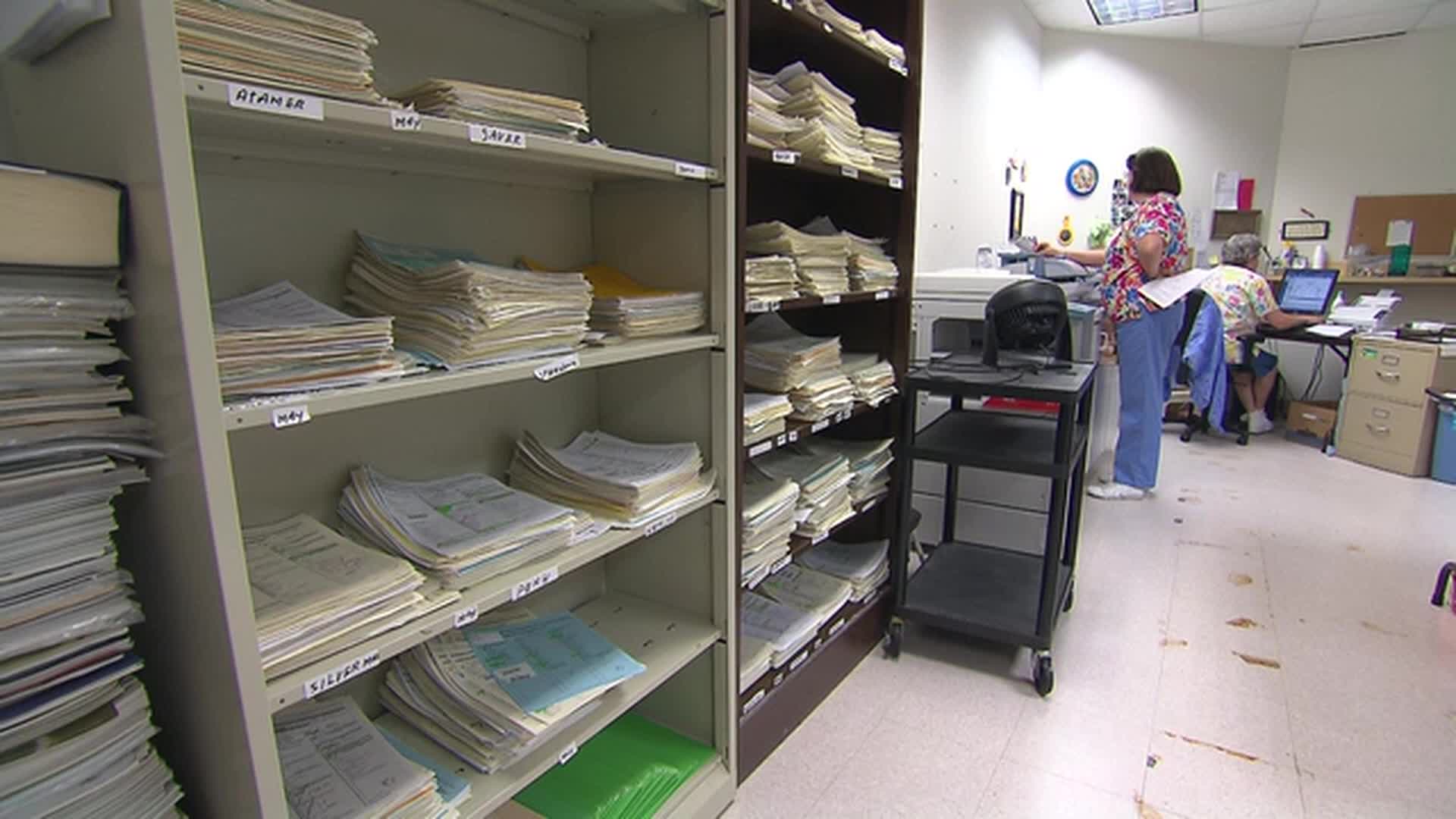A significant change in aviation policy within the United States has emerged as the present government officially drops a plan established in the last administration, which would have required airlines to compensate passengers for interruptions due to delays or flight cancellations. This move has ignited a countrywide discussion regarding passenger rights, industry responsibility, and the wider effects on consumer protection in air travel.
The recently abandoned proposal aimed to make airlines financially accountable when travelers encountered major disruptions. According to the plan, airlines would be required to offer financial compensation, in addition to ticket refunds, for delays they could manage. Advocates contended that this rule would have enhanced consumer rights, bringing the United States in line with existing European standards, where airlines must compensate passengers in specific situations.
The initial purpose of the remuneration scheme
The concept of mandatory compensation for air travel disruptions was introduced as a response to growing frustration among travelers over frequent cancellations and extended delays. In recent years, especially during peak travel seasons and in the aftermath of major weather events, disruptions have become increasingly common. These challenges intensified during the pandemic, when staffing shortages and operational setbacks led to widespread scheduling chaos across major U.S. carriers.
Advocacy organizations concerned with consumer rights had been advocating for laws to alleviate the financial stress on passengers in situations where airlines did not provide services punctually. Numerous individuals thought that mandating compensation would motivate airlines to enhance both their dependability and openness, thus allowing travelers to organize their trips with increased assurance.
Under the original framework, airlines would have faced financial penalties for delays considered within their control—such as mechanical issues, staffing shortfalls, or scheduling errors—while exceptions would apply for disruptions caused by severe weather or air traffic control constraints.
Reason behind the change
Officials from the current administration cited a range of factors in their decision to abandon the proposal. Among the most significant considerations were concerns about the economic impact on airlines, which continue to recover from substantial financial losses sustained during the pandemic. Industry representatives argued that imposing mandatory payouts could lead to higher operating costs, ultimately passed on to consumers through increased fares.
Additionally, certain policymakers questioned if the federal government should enforce rigorous compensation mandates on carriers, indicating that the current refund policies already offer a fundamental level of consumer protection. As per existing guidelines, passengers have the right to refunds when flights are canceled, though no further compensation is required for delays unless passengers willingly relinquish their seats in overbooking situations.
Airlines consistently assert that they aim to reduce disruptions and that the majority of delays happen due to circumstances outside their control, like meteorological conditions and congestion in the national airspace network. Opponents of the initial proposal shared these views, cautioning that strict compensation requirements might lead to legal conflicts and operational difficulties for both airlines and authorities.
The extensive discussion on traveler rights
The policy reversal has reignited discussions on how best to protect consumers while balancing the operational realities of the aviation industry. Passenger advocacy organizations have expressed disappointment, arguing that without financial consequences, airlines lack sufficient motivation to prioritize on-time performance and communication with travelers.
Comparisons have frequently been drawn to the European Union’s EC 261 regulation, which requires airlines operating in Europe to compensate passengers for certain types of delays and cancellations, often in amounts that can exceed hundreds of euros. Proponents of similar standards in the United States argue that such measures have improved accountability abroad and could deliver similar benefits domestically.
In contrast, associations within the airline sector argue that the aviation infrastructure in the U.S. encounters distinct hurdles, such as the intricate nature of its network and vulnerability to disruptions caused by weather. They assert that requiring airlines to provide compensation for situations beyond their complete control would be unjust and could backfire, possibly resulting in diminished services and increased ticket prices.
What this means for travelers going forward
Actualmente, los viajeros en Estados Unidos seguirán dependiendo de las medidas de protección al consumidor vigentes, que principalmente garantizan el derecho a reembolsos ante vuelos cancelados. Se sugiere a las aerolíneas que ofrezcan servicios como vales para comidas o alojamiento en hoteles durante retrasos prolongados, aunque no están obligadas a hacerlo, dejando gran parte del proceso de compensación a la discreción de cada aerolínea.
Travelers are advised to review the policies of their chosen airline before booking, as some carriers have voluntarily implemented customer service guarantees that go beyond federal requirements. Additionally, purchasing travel insurance or using credit cards with built-in trip protection features can offer an added layer of security against unexpected disruptions.
The Trump administration has indicated that it remains committed to exploring ways to improve transparency and passenger experiences, including initiatives to require airlines to disclose service commitments more clearly during the booking process. However, for those hoping for a compensation system modeled after European regulations, this recent decision represents a significant setback.
The future of airline accountability in the U.S.
The debate over mandatory compensation is unlikely to disappear entirely. As air travel demand continues to rise and consumers become increasingly vocal about service expectations, pressure on policymakers and airlines to adopt stronger passenger protections will persist. Advocacy groups have vowed to continue lobbying for reforms, while industry leaders emphasize the need for collaborative solutions that do not impose unsustainable financial burdens on carriers.
The conversation reflects a broader tension between consumer rights and corporate flexibility—a balance that regulators must strike in order to foster a competitive, reliable, and customer-friendly aviation sector. Whether future administrations revisit the concept of mandatory compensation remains to be seen, but for now, the skies remain governed by the status quo, leaving passengers largely dependent on voluntary goodwill and existing refund rules.




